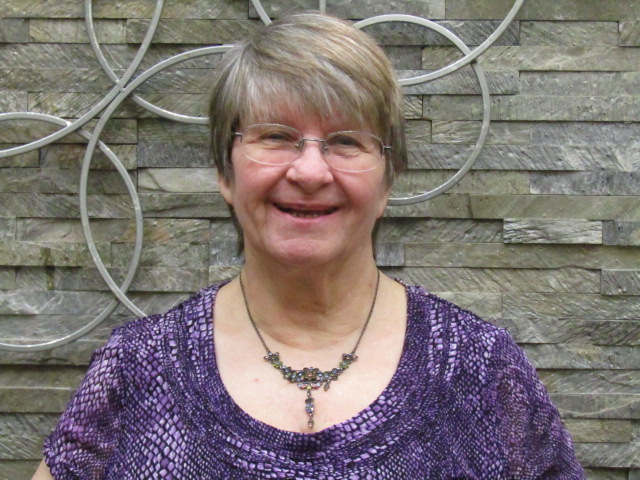By Terry C. Misfeldt
Fiction writers are often tasked with creating a new world. A favorite fiction writer who created numerous worlds was Frank Herbert, author of Dune. Arrakis (Dune) was a sand planet known for producing the spice and sparking wars. As fiction or science fiction writers, it behooves us to read the work of others and learn about creation.
What I found interesting about our planet, Earth, was what I read in a Delta Air Lines System Route Map from1982. And I quote: “From the standpoint of its inhabitants, the earth presents a combination of features so exceptional it must be considered miraculous. Its size is just enough to hold a sufficient atmosphere but no so great as to exert too strong a gravitational effect upon life. The atmosphere contains enough oxygen to support life yet not enough to permit excessive oxidation. Our distance from the sun is almost unbelievably perfect for the exacting requirements of life. Life must have water in liquid form, a condition possible within extremely narrow temperature ranges. These temperature ranges are present in only the minutest fractions of universal space, yet they are present on earth because of our distance from our sun. This delicate balance is maintained so perfectly in the earth’s orbit that the most trivial deviation would destroy all life on the earth’s surface.”
So in building your fictitious world, remember to consider the availability of water. It is essential for human life. If you create non-human characters, some other life sustaining liquid becomes viable.
Gravity is another concern for human beings, so weigh those factors in crafting a new world for your characters.
And consider what your new world offers in terms of temperature extremes. If you have human qualities, those characters will need temperature controlled suits or some other way to survive in your planet’s atmosphere.
Possibilities, like the universe, are endless in your worlds.

